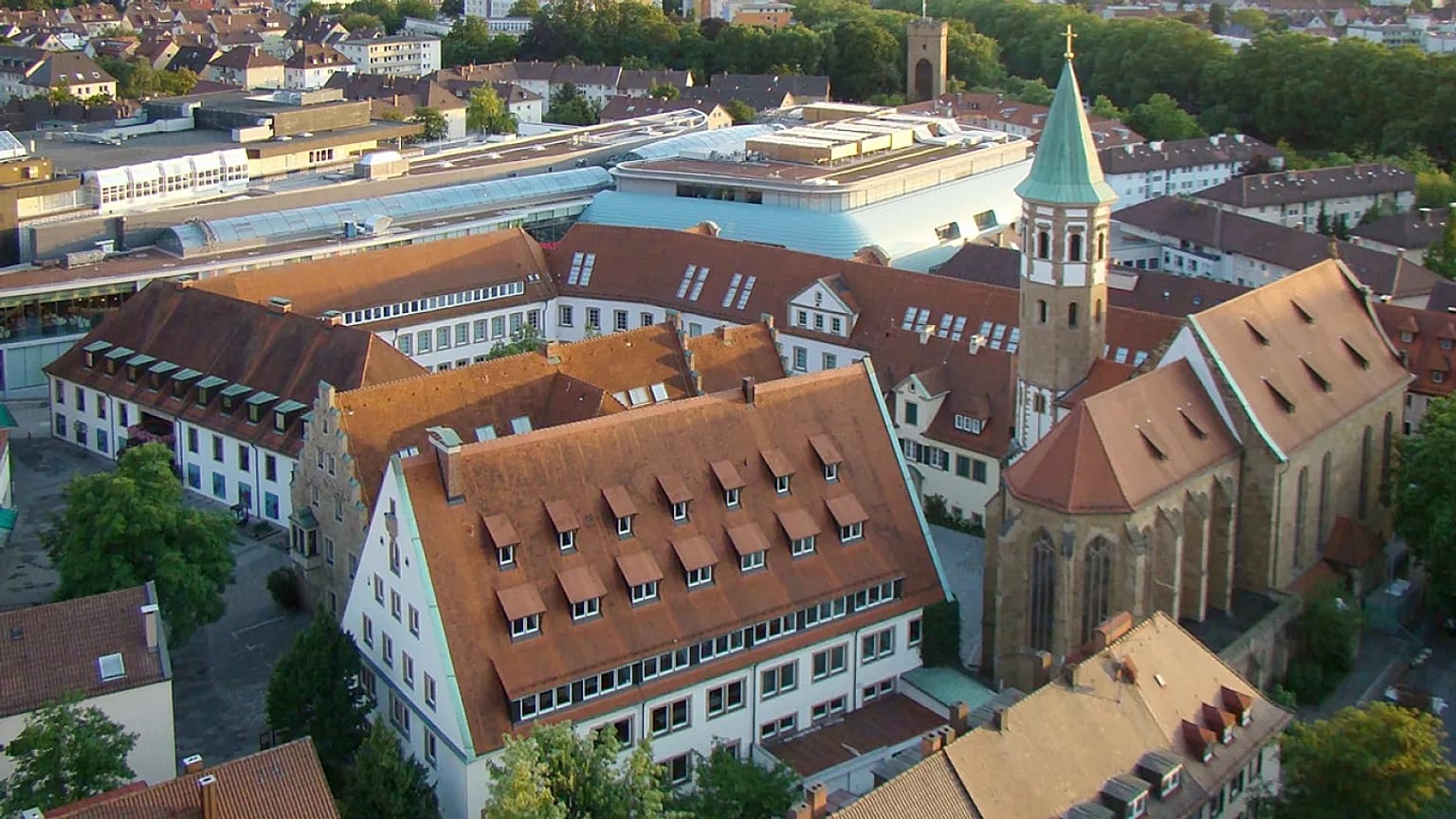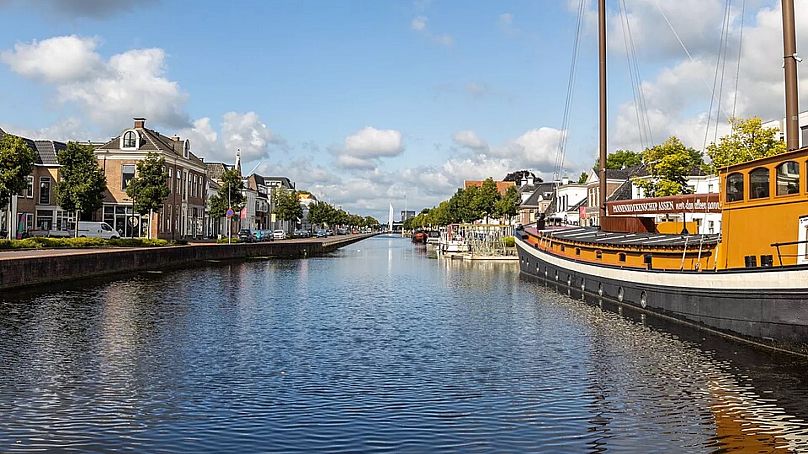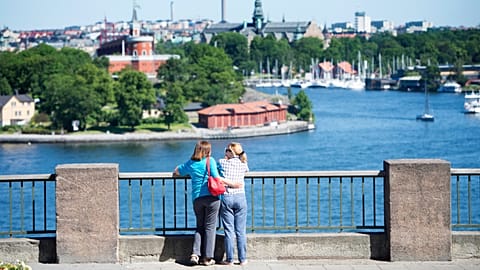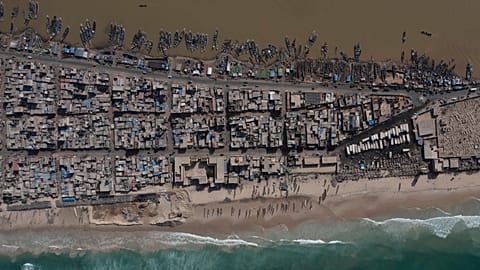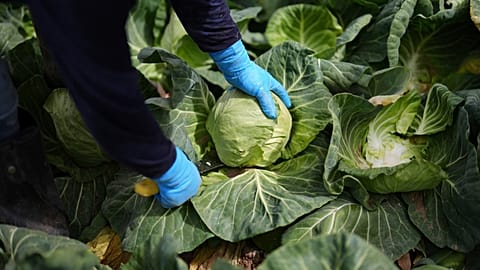The city came top thanks to its scores for air quality, water, noise, climate change adaptation and its circular economy.
Europe’s greenest cities have been unveiled in a prestigious ceremony this month, securing a staggering €1 million in collective sustainability grants.
 ADVERTISEMENT
ADVERTISEMENT
 ADVERTISEMENT
ADVERTISEMENT
On 2 October, Heilbronn (Germany) was crowned the green capital at the European Green Cities Awards for 2027, hosted at the Lithuanian National Art Gallery in Vilnius.
The city, located in the Stuttgart region, topped the ranking based on scores received for air quality, water, noise, climate change adaptation and its circular economy.
Why is Heilbronn the European Green Capital?
Heilbronn was specifically praised for its holistic urban planning, which combines noise and air quality management into two initiatives: the Landscape Plan 2030 and Mobility Concept.
“The jury also recognised the city’s ambitious targets for 2035, as well as the regional collaborations that Heilbronn has built to further improve air quality and noise reduction”, says the European Commission.
The city will receive a €600,000 prize, which will contribute towards enhancing its current efforts and implementing more sustainability measures.
Europe’s greenest cities ranked
The Green Leaf Award, which is open to smaller cities with populations below 100,000, was given to Assen (the Netherlands) and Siena (Italy), which both received €200,000.
Assen was hailed for its strong commitment to circularity and climate change mitigation, and its “innovative waste management policies”, including enhanced PMD (Plastic, Metal, and Drink cartons) collection.
“The city has achieved significant CO₂ reductions through building retrofits, decarbonisation of municipal operations, and innovative projects like the Energy Garden,” the European Commission adds.
“The cycling highway to Groningen is an example of a sustainable mobility project that further highlights Assen’s efforts to reduce emissions.”
Siena shared gold thanks to its green areas and sustainable land use, as well as its impressive recycling rate, which has reduced the amount of municipal waste it sends to landfill to just one per cent.
‘Ambassadors of the green transition’
The finalists were interviewed by a jury made up of representatives from the Commission, the European Committee of the Regions, the European Environment Agency (EEA), the EU Covenant of Mayors for Climate and Energy, and the European Environmental Bureau (EEB).
Debrecen (Hungary), Klagenfurt on Lake Wörthersee (Austria), Benidorm (Spain) and Saint-Quentin (France) were also commended for their “impressive commitment to further urban sustainability in their communities”.
“The European Green Capital and European Green Leaf awards, each year, recognise cities that strive to be at the forefront of urban and environmental sustainability,” says Commissioner for Environment, Water Resilience and a Competitive Circular Economy Jessika Roswall.
“Cities that – simply put – lead by example. I am delighted to congratulate Heilbronn, Assen and Siena for having been awarded these titles for 2027.
“This is both a recognition and responsibility – you are our new ambassadors of the green transition”.














